A timeless, budget-friendly manual focus 50mm that delivers character-rich stills and video—on film bodies or adapted to modern mirrorless.

What the Canon FD 50mm f/1.8 Is—and Why It Endures
The Canon FD 50mm f/1.8 is the classic “nifty fifty” from the Canon FD mount era. Often bundled with 1970s–80s Canon SLRs, this compact prime taught generations the essentials of exposure and focus. When Canon moved to newer mounts, a vast second-hand supply remained—making the FD 50/1.8 one of the easiest and most affordable entry points into vintage rendering and manual focus craft.
A standard lens that still feels fresh
On 35mm film, 50mm delivers a natural perspective that’s comfortable for portraits, street, and everyday storytelling. Adapted to mirrorless, the Canon Lens FD 50mm 1:1.8 becomes a light, tactile tool that rewards deliberate shooting. If you’re new to manual focus, it’s a forgiving teacher. If you’re after texture, it’s a character piece without the struggle.

My first “keeper” with a fully manual lens came after I slowed down to nail focus by feel and meter by eye. The shot wasn’t the sharpest I’d ever made—but it was the most intentional. That pace reshaped how I see.
Key Characteristics & Rendering
Optics that flatter people and places
With a fast f/1.8 maximum aperture, the Canon FD 50mm 1.8 handles low light and gives you pleasing subject separation. Its classic 6-element design tends to be softer and lower-contrast wide open, with a gentle roll-off in the highlights. Stop down to f/4–f/5.6 and you’ll see a notable jump in sharpness and contrast across the frame.
Feel and build
Weighing roughly 170–200 g depending on version, the FD 50/1.8 stays compact on film bodies and mirrorless adapters. The focus throw is typically smooth and long enough for precise pulls; older copies may feel a touch gritty but are often easily serviced. The rendering’s lower contrast can be a gift for video and portraits, yielding a subtle, “human” look that grades well.


Why It Matters in 2025
Modern 50mm lenses are excellent, but many creators seek the FD’s organic softness, halation, and gentle highlight roll-off for a cinematic feel. The FD 50mm f/1.8 remains budget-friendly and works beautifully on film bodies and adapted mirrorless cameras. For shooters who want retro or analogue aesthetics without heavy grading, this adapted vintage lens is a smart first pick.
It also keeps your kit light. A Canon FD nifty fifty in the bag lets you pivot between clean contemporary glass and a moodier, nostalgic rendering whenever a scene calls for it.
Adapters, Accessories, and Setups
Simple adapter paths
- FD-to-E mount adapter for Sony mirrorless (including FX and FX3).
- FD-to-RF adapter for Canon R-series bodies.
- FD-to-MFT speed booster for Micro Four Thirds video bodies to gain a wider FOV and extra light.
Blackmagic shooters: on the BMPCC 4K (MFT), an FD-to-MFT speed booster is popular for a “fuller” look. On the BMPCC 6K (EF mount), adaptation is more limited; research mount compatibility carefully if considering optical adapters. Adapters and speed boosters are sold separately.
Small add-ons that make a difference
- Add a 50mm screw-in metal hood to reduce flare and boost contrast.
- Keep a protective UV filter if you frequently swap lenses in the field.
- Pair the lens with classic Canon AE-1, A-1, or T-series bodies for an authentic film photography lens setup.

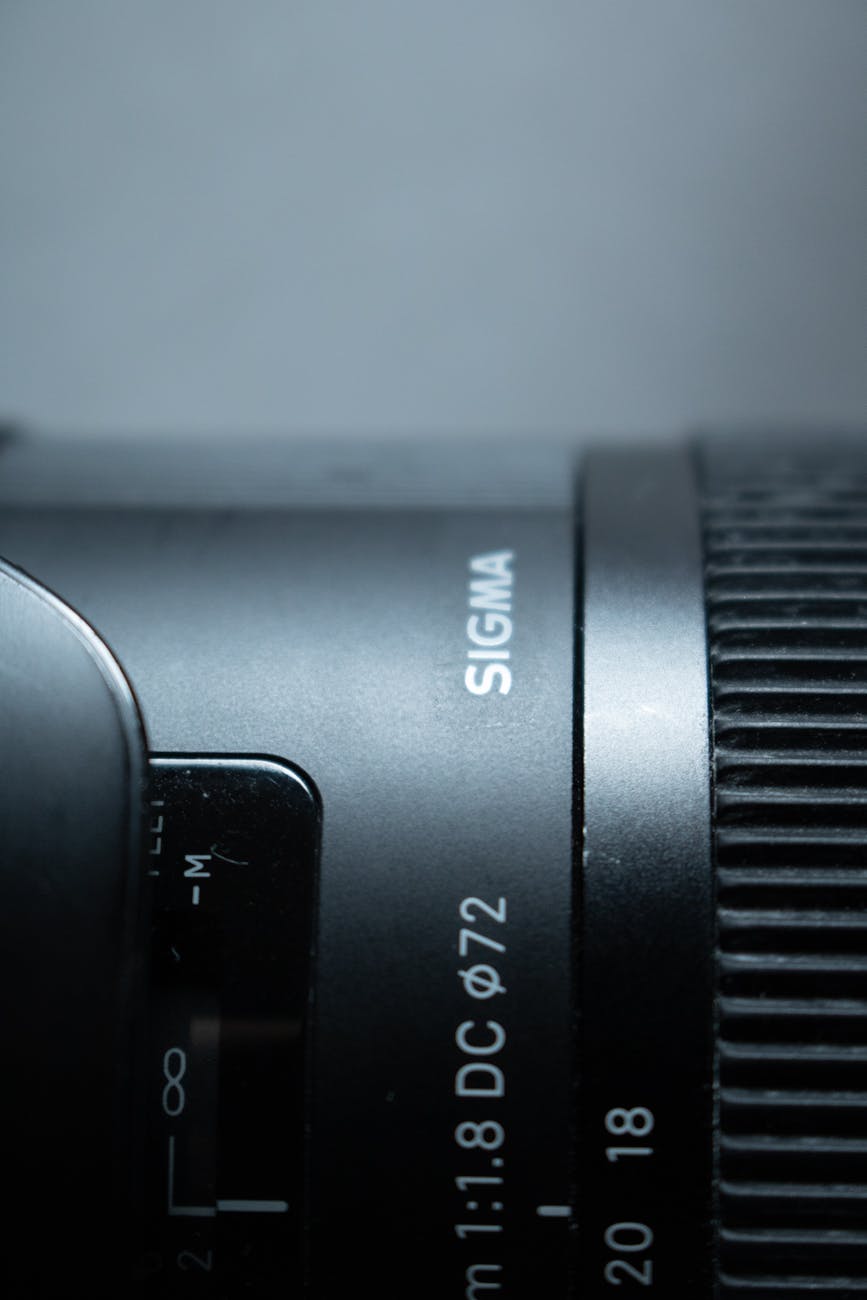
Techniques & Workflows for Modern Bodies
Focus with confidence
On mirrorless, enable focus peaking and use magnification to land precise manual focus. For moving subjects, pre-focus to a distance and let them enter the plane—classic zone focus technique with a manual focus 50mm.
Make the most of smaller sensors
Pair the FD 50/1.8 with a speed booster on APS-C or MFT to reclaim a wider field of view and a brighter T-stop. You’ll get punchier exposure and a look that’s closer to full-frame.
For filmmakers
Some users de-click the aperture or opt for rehousing to achieve smooth iris pulls and standardized gears. A hybrid approach can also be powerful: mix FD footage with clean digital glass to create contrasty scene breaks and tell a visual story through texture.
Real-World Use Cases
- Sony A7 IV + basic FD adapter: a lightweight interview and street setup with tasteful separation at f/1.8–f/2.8.
- BMPCC 4K + Metabones speed booster: organic, sharp short-film look with forgiving highlight roll-off.
- Canon AE-1 + FD 50/1.8: learn manual focus and exposure on film, then bring the same lens to mirrorless with an adapter.

How to Buy a Clean Second-Hand Copy
What matters most
Performance across versions (chrome nose vs later plastic) is broadly similar; prioritize condition and service history. When inspecting a Canon 50mm f1.8 FD in person or upon delivery, work through this checklist:
- Shine a light through the lens to check for haze/fungus.
- Cycle the aperture lever; confirm fast, even blade action.
- Rotate focus end-to-end; note stiffness or spots of resistance.
- Inspect the breech-lock ring; ensure secure lock and no cracks.
- Check front/rear threads for filter and cap fitment.
- Confirm return policy; budget for a hood and basic adapter.
Minor internal dust is normal for a lens of this age. Aperture blades should be oil-free and snap closed quickly. The mount should seat firmly with no wobble, and the breech-lock ring should rotate smoothly to lock. If stock varies, consider signing up for restock alerts and review the shop’s return policy for peace of mind.
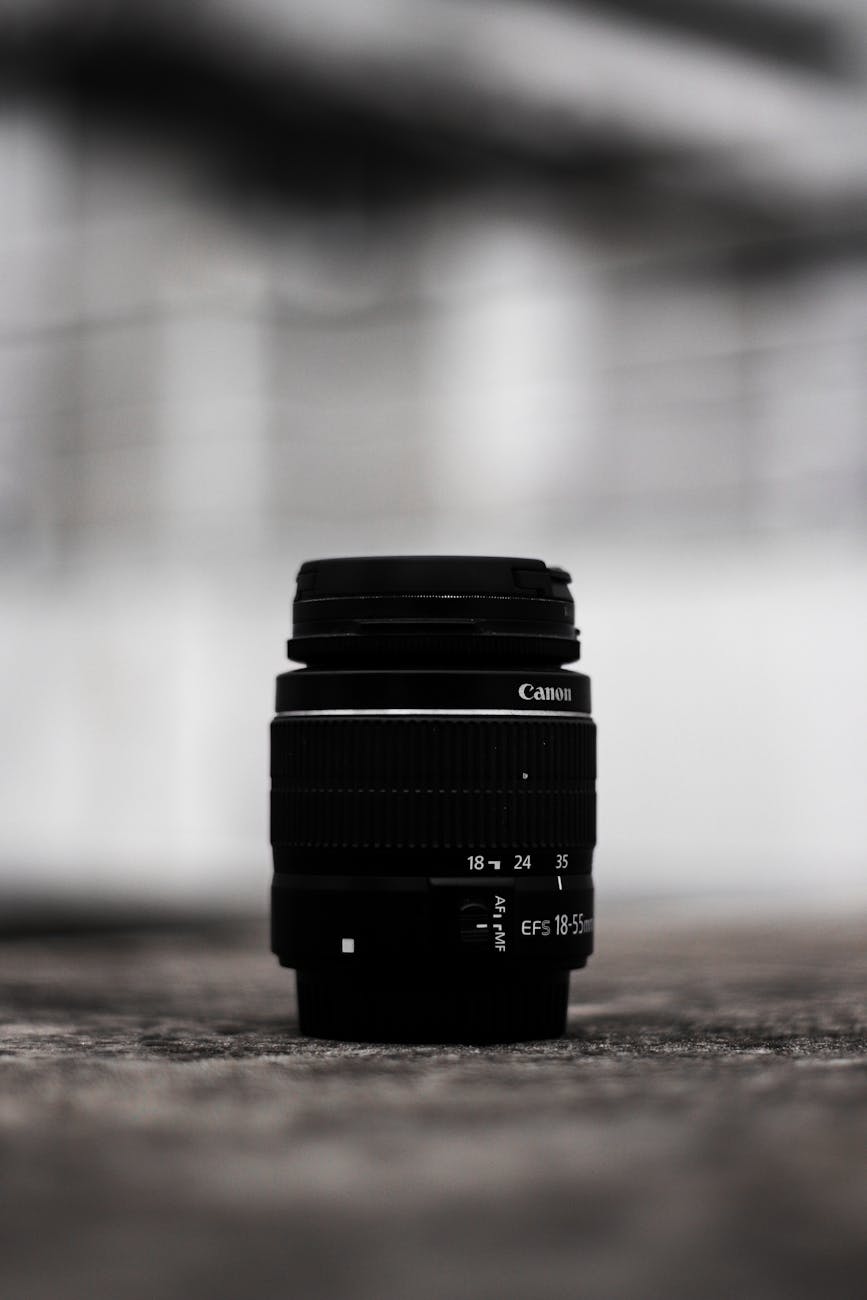
Conclusion: Character on a Budget
The Canon FD 50mm f/1.8 remains a durable, manual classic that over-delivers for the price. Whether you’re exploring analogue photography or giving your mirrorless camera an adapted vintage lens with soul, this FD 50mm f/1.8 lens earns its spot in the bag. From a Canon AE-1 to a modern cinema rig, it’s a small, creative leap with a big mood.
Ready to shoot with character?
- Check availability of the Canon FD 50mm f/1.8
- Browse compatible adapters and lens hoods (sold separately)
- Set a stock alert for a clean, tested copy
- Explore more second-hand 50mm primes
Or simply Browse vintage lenses and build your own character-driven kit. You’ll find thoughtfully curated Camera lenses that balance sustainability with creative potential.





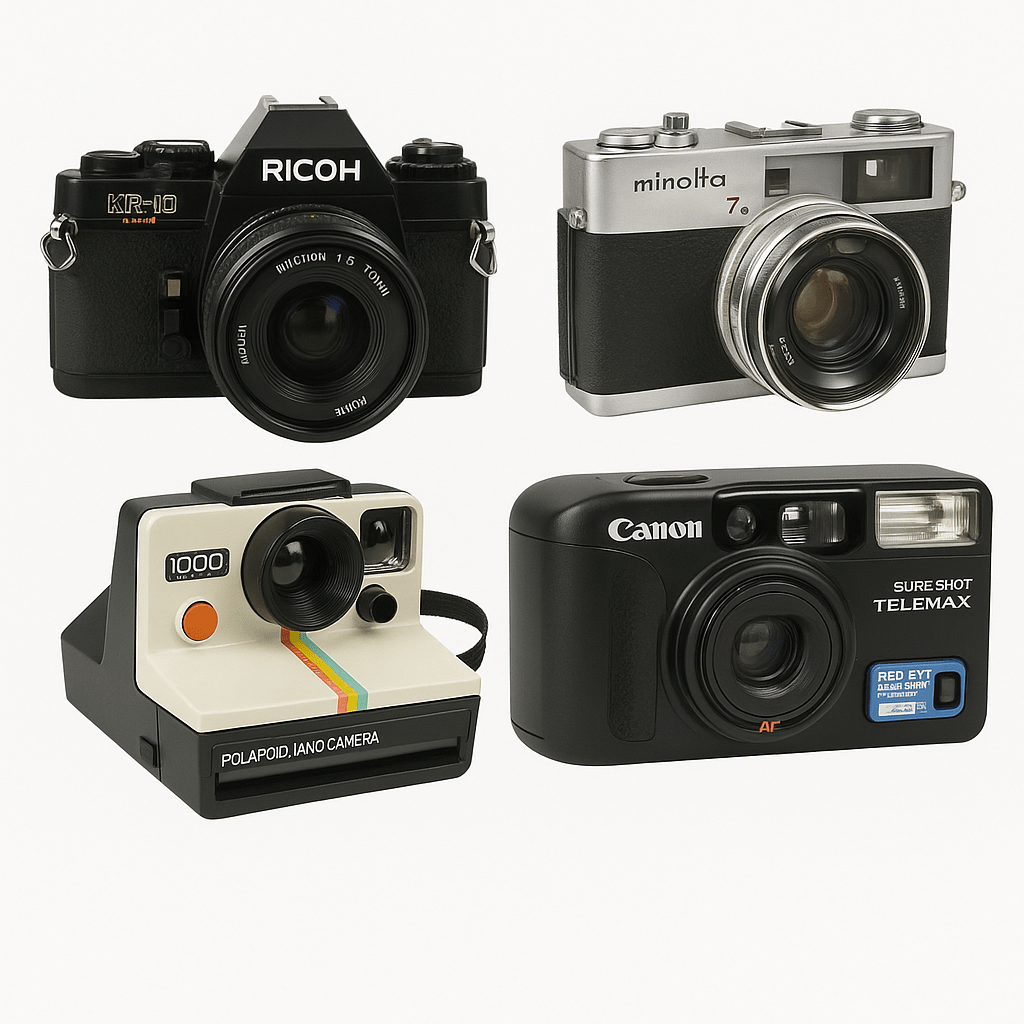
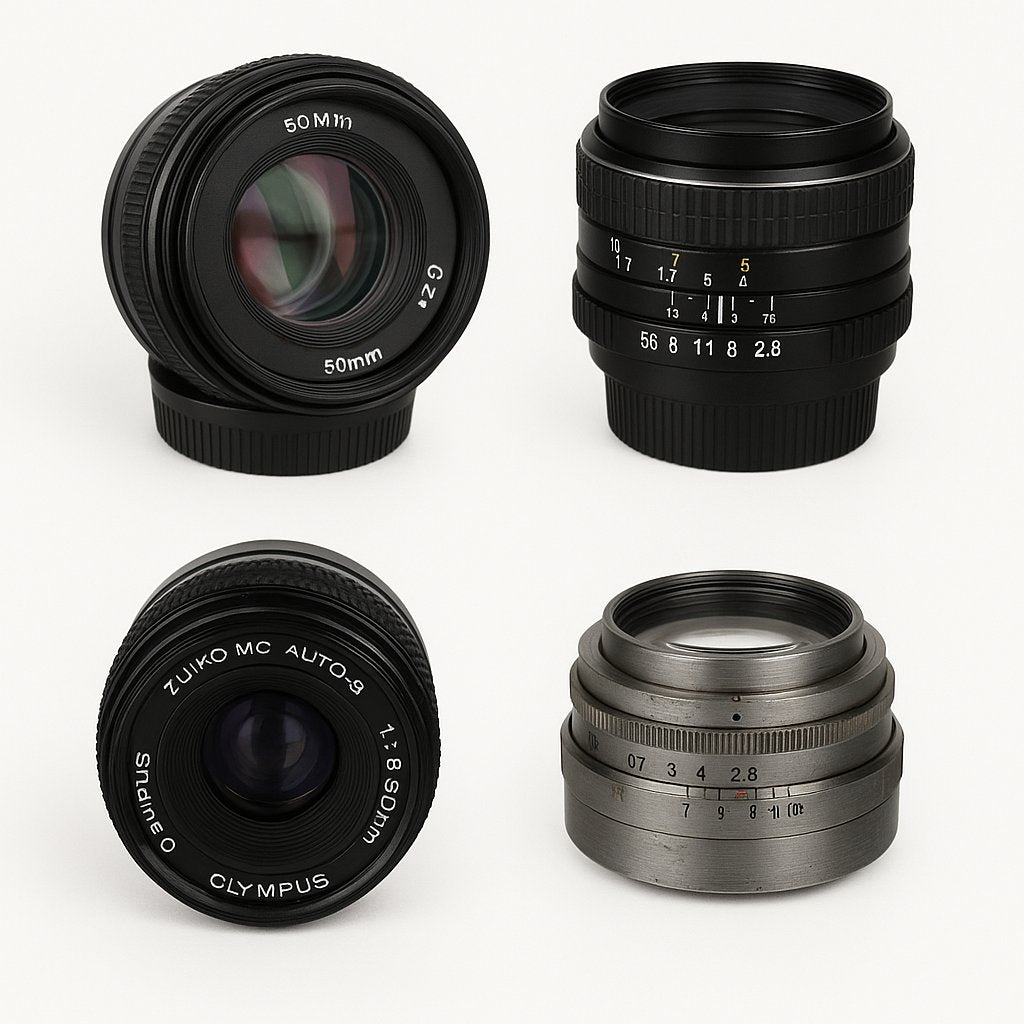
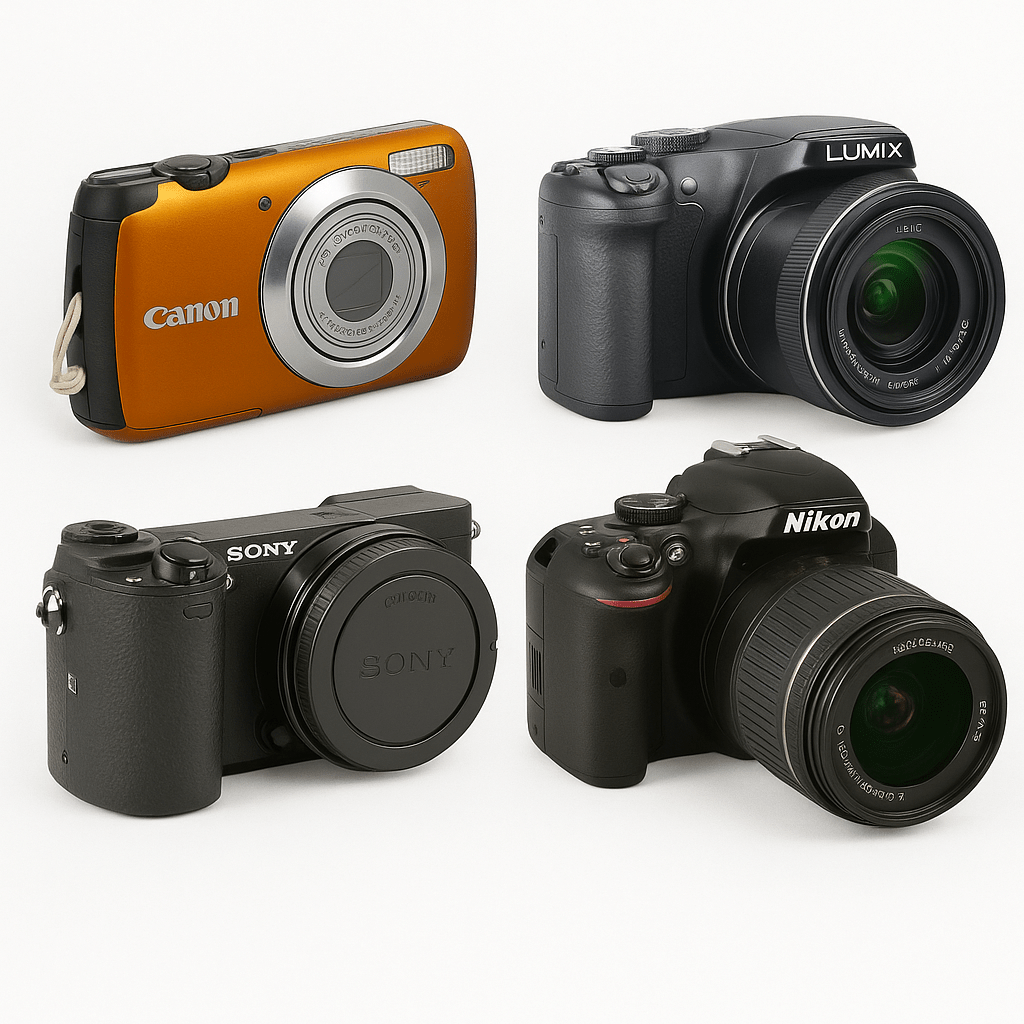
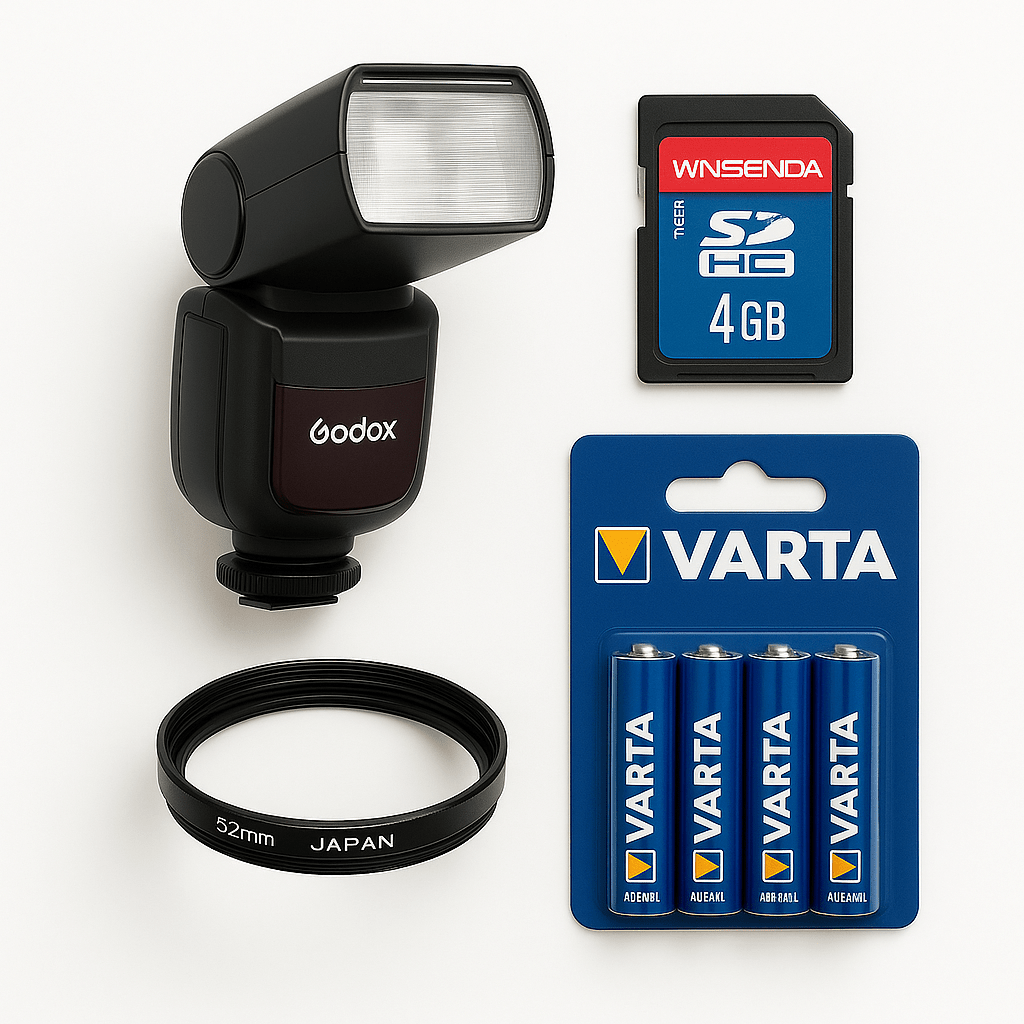
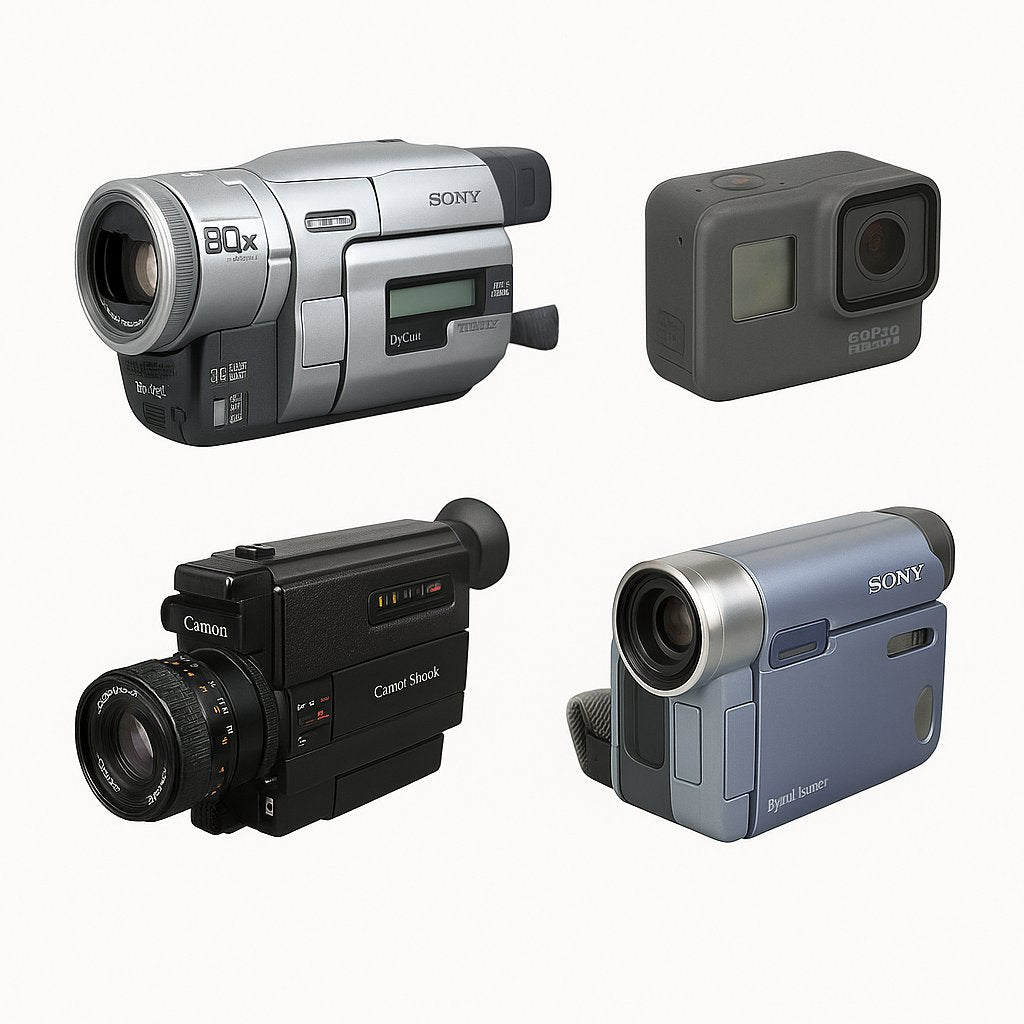

0 comments